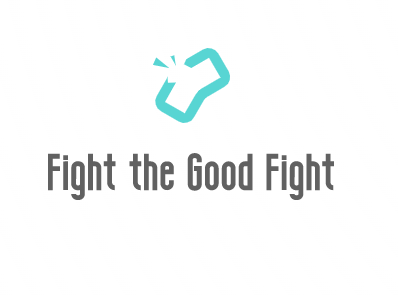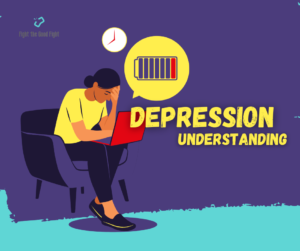Depression is a serious mental health condition that affects millions of people worldwide, going far beyond temporary feelings of sadness or grief. It is a complex disorder that impacts how a person thinks, feels, and navigates daily life, often disrupting sleep, appetite, relationships, and the ability to work or study.
Clinically known as Major Depressive Disorder (MDD), depression manifests through various symptoms that persist for at least two weeks. These symptoms typically include persistent sadness, loss of interest in previously enjoyed activities (anhedonia), changes in appetite and sleep patterns, difficulty concentrating, and feelings of worthlessness or excessive guilt. In severe cases, individuals may experience recurring thoughts of death or suicide.
The causes of depression are multifaceted, involving a complex interplay of biological, psychological, and social factors. Genetic predisposition can make some individuals more susceptible, while chemical imbalances in neurotransmitters like serotonin, norepinephrine, and dopamine play crucial roles in the brain’s mood regulation. Environmental factors such as chronic stress, trauma, loss of loved ones, or significant life changes can trigger or exacerbate depressive episodes.
Depression doesn’t discriminate – it affects people of all ages, backgrounds, and life circumstances. However, certain groups show higher vulnerability, including women, who experience depression at roughly twice the rate of men, adolescents navigating hormonal and social changes, and elderly individuals facing isolation or health challenges.
The impact of depression extends far beyond emotional well-being. Physical symptoms often accompany the condition, including chronic pain, digestive problems, and fatigue. The disorder can strain relationships, reduce work productivity, and impair social functioning. The World Health Organization recognizes depression as a leading cause of disability worldwide, highlighting its significant social and economic burden.
Fortunately, depression is treatable, and various effective interventions exist. Treatment typically involves a combination of approaches, including psychotherapy (particularly Cognitive Behavioral Therapy), medication (such as selective serotonin reuptake inhibitors), and lifestyle modifications. Support groups, regular exercise, adequate sleep, and stress management techniques can complement professional treatment.
Early recognition and intervention are crucial for better outcomes. However, stigma and misconceptions about mental health often prevent people from seeking help. Common myths, such as viewing depression as a sign of weakness or something that can be “snapped out of,” need to be actively challenged. Depression is a legitimate medical condition requiring professional attention, just like any physical illness.
The role of support systems – family, friends, and community – cannot be overstated in helping individuals cope with depression. Creating an environment where people feel safe discussing their mental health challenges openly can encourage those struggling to seek help sooner.
Research in depression treatment continues to evolve, with promising developments in areas such as ketamine therapy, transcranial magnetic stimulation, and digital mental health interventions. These advances offer hope for those who don’t respond to traditional treatments.
Understanding depression as a complex, treatable condition rather than a personal failing is essential for both individual recovery and societal progress in mental health care. With proper support and treatment, people with depression can and do recover, returning to fulfilling, productive lives.




